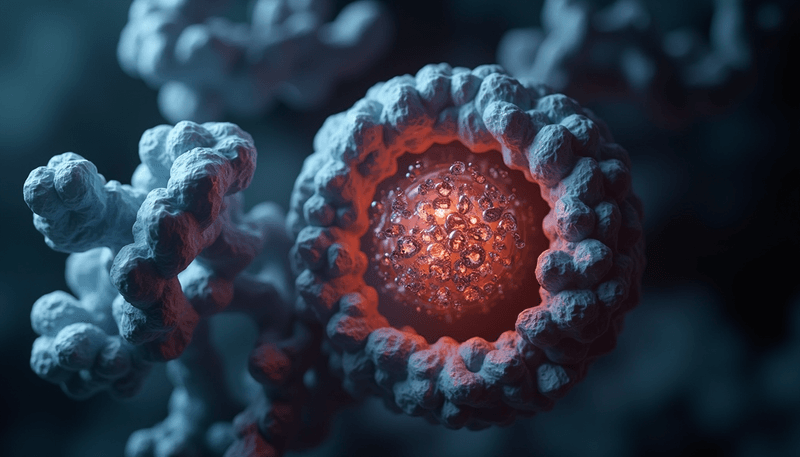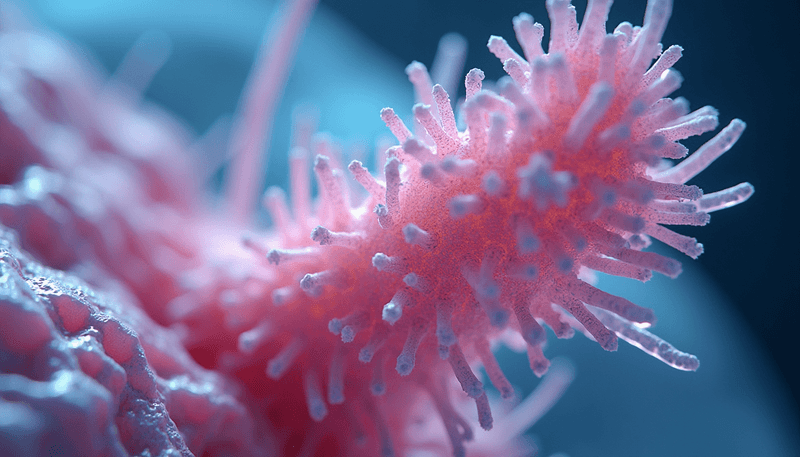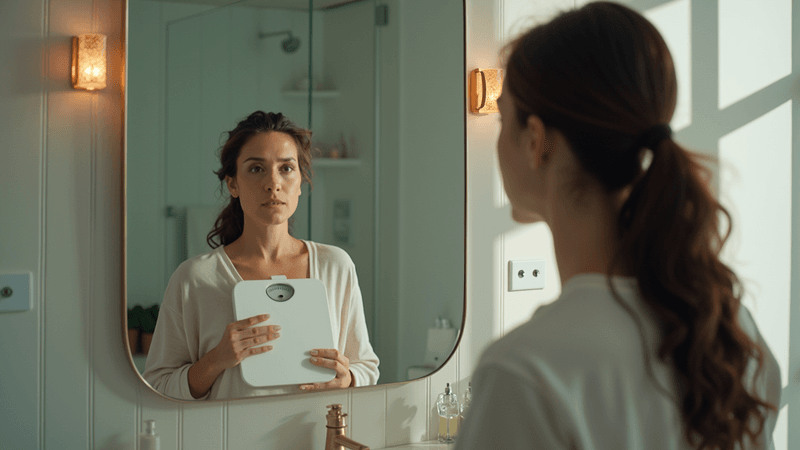Hair Loss? Check Your Iron First

Standing in front of my bathroom mirror one morning, I noticed more hair than usual collecting in my brush. As someone who's both experienced hair loss and researched women's health extensively, I know that unexplained hair thinning can be incredibly distressing. What many women don't realize is that the answer might be hiding in a simple blood test. New research reveals the critical link between ferritin levels and hair loss, offering hope and actionable solutions for those struggling with thinning hair.
Understanding Ferritin: Your Body's Iron Storage System
Think of ferritin as your body's iron bank account. Just as you need a healthy savings account to handle unexpected expenses, your body needs adequate iron stores to maintain healthy hair growth. This protein doesn't just store iron – it's your body's sophisticated iron management system.
Did you know? Your body can store up to 4,500 iron atoms in a single ferritin molecule!
When ferritin levels drop below 40 μg/L, it's like your body's iron account going into overdraft. Your system starts rationing resources, and non-essential functions like hair growth take a back seat to more critical processes like oxygen transport and DNA synthesis.
The Hair-Iron Connection: Why Your Locks Need Iron
Research shows that women with telogen effluvium (temporary hair shedding) have significantly lower ferritin levels compared to those without hair loss. In one study, women with hair loss had average ferritin levels of 16.3 ng/mL, while those without had levels of 60.3 ng/mL.
Here's why iron is so important for your hair:
- Iron helps deliver oxygen to your hair follicles
- It supports the production of proteins essential for hair growth
- It helps regulate the hair growth cycle
Question for reflection: When was the last time you had your ferritin levels checked?
Taking Action: Practical Steps for Healthy Hair
1. Get Your Levels Checked Request a ferritin test from your healthcare provider, especially if you're experiencing:
- Unexplained hair loss
- Fatigue
- Brittle nails
- Pale skin
2. Optimize Your Iron Intake If your levels are low, consider these strategies:
- Take iron supplements (preferably ferrous forms) every other day for better absorption
- Pair iron-rich foods with vitamin C sources
- Avoid coffee or tea within an hour of iron intake
- Choose iron-rich foods like leafy greens, lean meats, and legumes
3. Monitor Additional Factors Keep in mind that several conditions can affect your ferritin levels:
- Menstruation
- Pregnancy
- Regular intense exercise
- Vegetarian/vegan diets
As someone who struggled with hair loss related to PCOS, I've learned that understanding your body's iron needs is crucial. When I discovered my ferritin levels were low and started appropriate supplementation, I noticed improvements not just in my hair health but in my overall energy levels too.
A Word of Caution: While iron supplementation can be beneficial, more isn't always better. High ferritin levels can indicate other health issues and should be evaluated by a healthcare provider. The ideal approach is to:
- Get tested before starting supplements
- Work with your healthcare provider to determine the right dosage
- Retest periodically to monitor your levels
- Consider age and life stage-specific needs
"The key isn't just supplementing blindly – it's understanding your body's unique needs and responding accordingly."
Conclusion
Your hair health is intricately connected to your body's iron status, and maintaining optimal ferritin levels could be the missing piece in your hair care puzzle. By understanding this connection and taking appropriate action, you can support both your hair health and overall wellbeing.
Don't let another strand slip away – take the first step by scheduling a ferritin level check with your healthcare provider. Your future self (and your hair) will thank you.
Will you commit to checking your ferritin levels this month? Share your hair health journey with others who might be experiencing similar concerns.

Olivia Rose Chen-Martinez
Olivia Rose Chen-Martinez is a seasoned health and wellness writer with a focus on women’s health issues, including PCOS, perimenopause, and holistic wellness. With a background in Journalism and Public Health from UC Berkeley, Olivia draws on over 15 years of writing experience to deliver empathetic, research-backed insights. Her work blends personal anecdotes and actionable advice, resonating with readers seeking accessible and trustworthy information. Based in Austin, Texas, Olivia is also a certified yoga instructor and a dedicated advocate for balanced, integrative approaches to women’s health.







